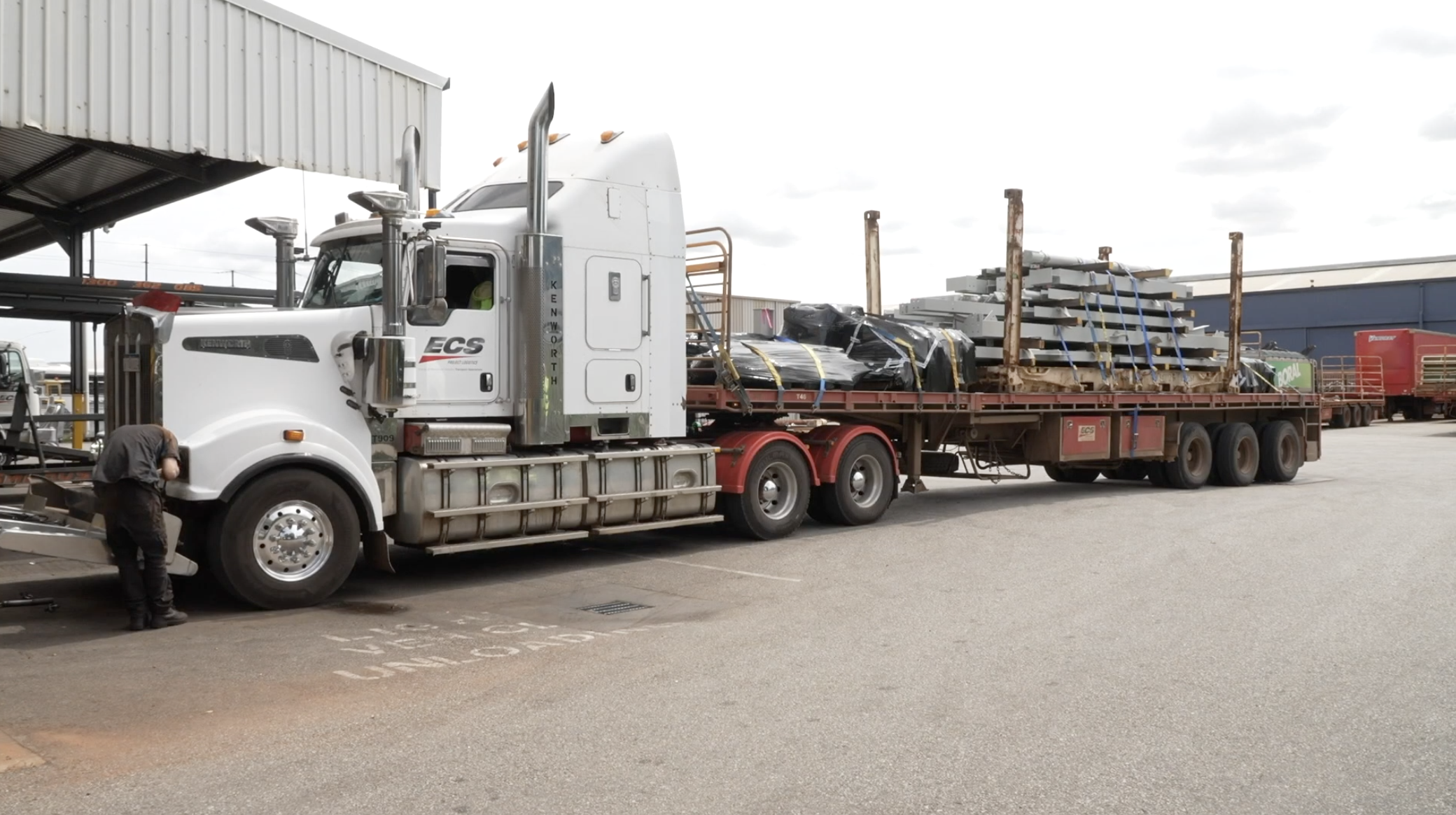
ECS Project Logistics: Solving a $10,000-an-hour problem

Table of contents
ECS Project Logistics (ECS) is who you call when you need to move something large, and very specialised. It might be mining equipment. It might be demountable buildings to house workers at a fly-in fly-out mine in remote Western Australia. It might even be animals being transported between different regional zoos.
With a growing fleet and workers who drive through remote areas of Australia, ECS needed a way to keep track of its equipment, and to ensure the safety of its employees. It also needed to optimise routes for its trucks, which often move cargo worth millions of dollars.
- Geotab’s solutions helped ECS keep its equipment inventory in order.
- The same solutions have helped ensure the safety of its drivers
- They have also helped with route optimisation, saving its clients money
- ECS is now considering additional Geotab solutions
The challenge: keeping track of a growing fleet
ECS is a growing business that mostly serves oil and gas, mining and large infrastructure projects. Recently, the trucking operator moved some gantries and staging areas to a mine. The task was anything but simple.
“It literally looks like a truck is carrying a skyscraper. Picture a semi-trailer with a building that is 20 metres high and six metres wide,”
– Jason Osborne, National Development and Marketing Manager, ECS.
The business built its reputation by moving very big things. But the business itself started very small, mostly relying on contractors.
Now, it now has 70 prime movers and around 220 pieces of trailing equipment. It has branches in Perth, Adelaide, Brisbane and Roma in Western Queensland. ECS’s primary need is to keep track of its equipment, to ensure that the right gear is available for a job at the right time. It also needs to optimise its routes, so that it keeps costs down for its clients.
Another key challenge is ensuring the safety of its drivers, who often work long shifts to ensure cargo arrives on time. Fatigue is a key contributor to fatal road collisions in Australia. The most recent research from the National Truck Accident Research Centre found that fatigue accounts for 8% of heavy vehicle crashes, but up to a third of deaths in crashes involving trucks.
The solution: safely delivering cargo
ECS opted for Geotab’s rugged, reliable GPS solution. It’s a great way for ECS to keep track of its assets, which are spread across Australia. The solution can identify misplaced trailers or equipment and ensure they are available for upcoming projects.
Another key application is route optimisation, which can have a huge impact when the cargo is both urgent and expensive.
“We often have to deal with the natural disasters and hazards like floods and bushfires, and so to have a driver parked on the side of the road for three days waiting for water levels to go down really does cost us money.”
– Jason Osborne, National Development and Marketing Manager, ECS
Geotab’s solutions also help to ensure that drivers are adhering to fatigue management protocols, which are a high priority for drivers in remote areas working long hours. This is important for compliance both with government regulations and with Australia’s major mining companies, who often have additional safety rules. Often, they will spot-check drivers from contractors like ECS to ensure compliance. For this reason, the ability to document a worker’s hours using Geotab’s solutions is extremely useful.
“We can check in at any one point as to how our drivers are traveling, where, how long they've been driving for and when their last breaks were based on the movement of the truck.”
– Jason Osborne, National Development and Marketing Manager, ECS
Impact: safety and savings
The cost impact of route optimisation has already been noticeable. Recently a client asked the company to move a drill head from Brisbane to southern Western Australia. The drill head came in three pieces, which together weighed about six tonnes. The client was losing about $10,000 for every hour they didn’t have it on site.
The fastest route was a thirty-hour drive across Australia. ECS dispatched a two-up, which is the industry term for a single truck with two drivers, who share the burden of a very long trip. One rests in the cabin while the other one drives.
Because of the urgency of the delivery, the client wanted regular updates. That’s tricky when trucks are driving through central Australia, far from mobile phone service. But Geotab’s GPS solution made it easy.
“We relied on our GPS tracking to track the driver, and also because the drivers’ are on a two-up, we don't want to be calling the driver cause there's one sleeping and it's imperative that he gets the rest that he requires to continue the journey,” said Mr Osborne.
The next steps: more solutions to support safety initiatives
ECS is considering using additional Geotab solutions to help ensure the safety of its drivers.
Like many Australian trucking businesses, it is currently using paper log books to comply with the government’s Heavy Vehicle National Law. ECS hopes to adopt a new digital logbook solution, which will make it easier for both the company and the drivers to meet compliance requirements. ECS is also considering in-cabin cameras to help better enforce fatigue management.
“We can identify if we think they're starting to get fatigued, but they're still within their driving hours, we can give them a call and say, hey mate, it's critical that you probably pull over and have a break.”
– Jason Osborne, National Development and Marketing Manager, ECS
He says the devices could even be used for marketing, because they can capture photos of their trucks in some of Australia’s most beautiful and remote areas.
ECS is a great example of how Geotab works with companies to address specific needs. It has unusual demands, but Geotab has flexible, customisable solutions that can help to drive efficiency and safety.
Read more about Geotab's heavy transport and logistics solutions
Client profile
%20(1).png)
Client name:
ECS Project Logistics
Industry:
Heavy transport and logistics
Types of vehicles:
Commercial
Other stories
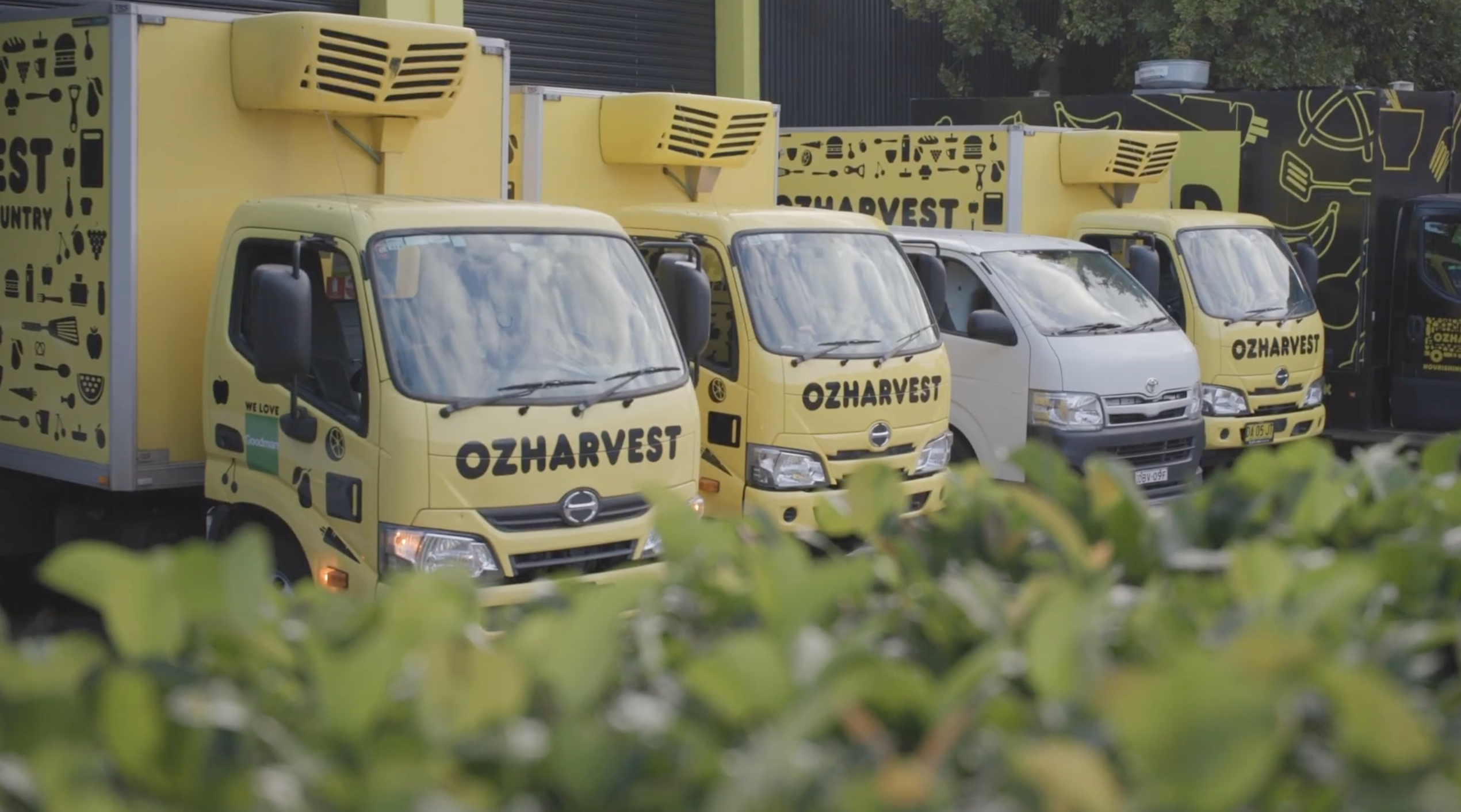
OzHarvest: Rescuing 300 tonnes of food waste every week
February 4, 2025
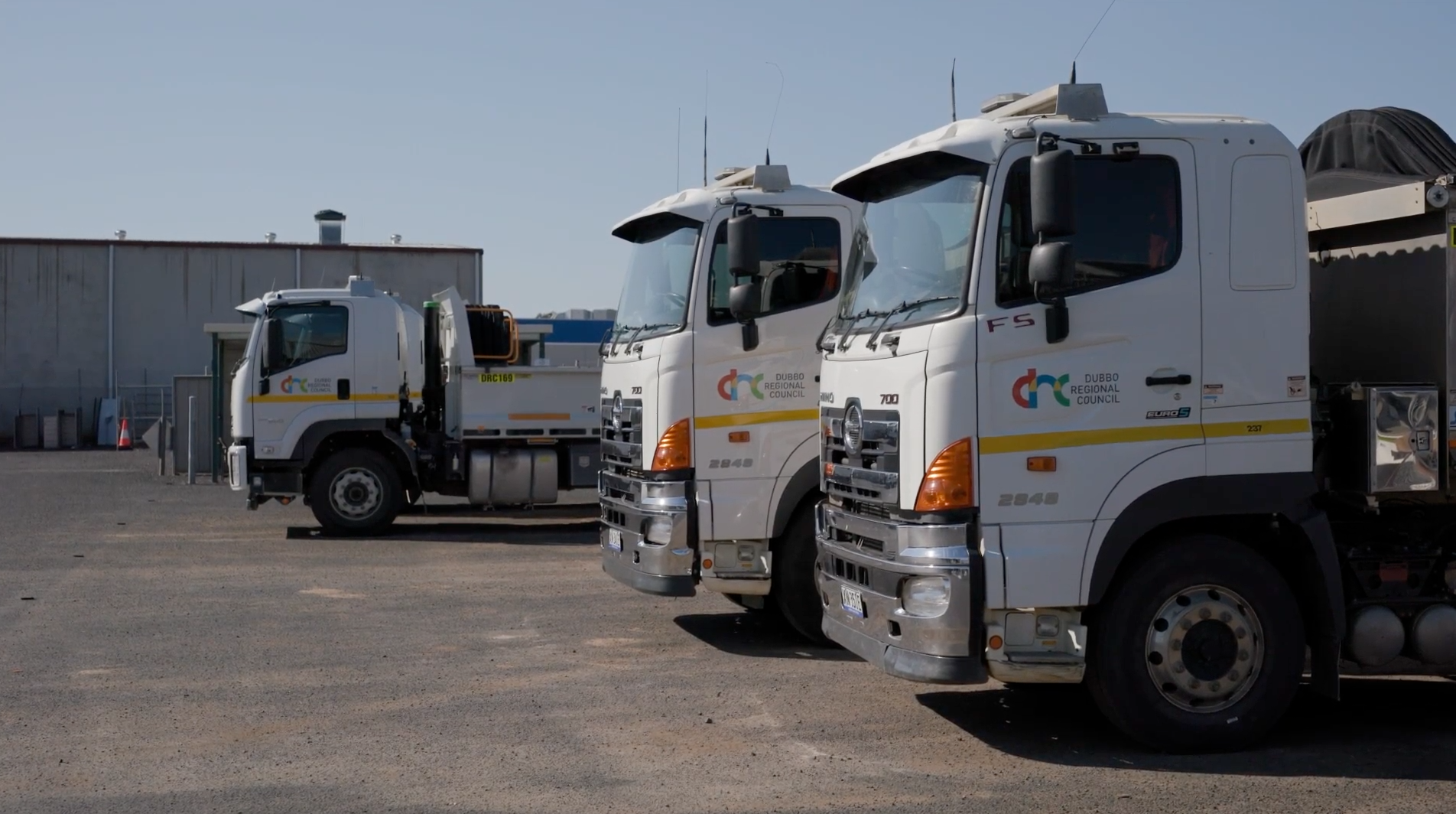
Dubbo Regional Council: $180,000 in fuel and maintenance savings with Geotab
December 16, 2024
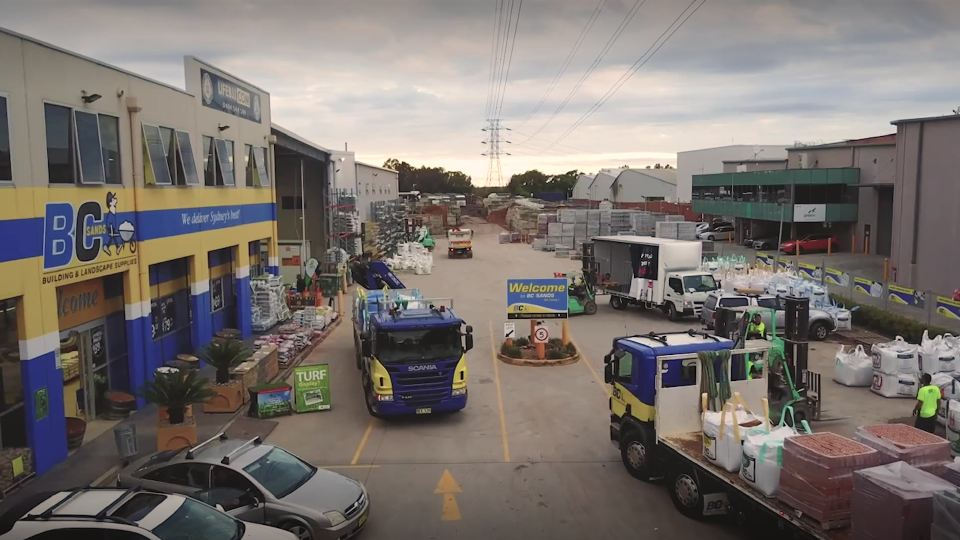
BC Sands: 45% decrease in occurrences of unsafe driving behaviour
September 26, 2024
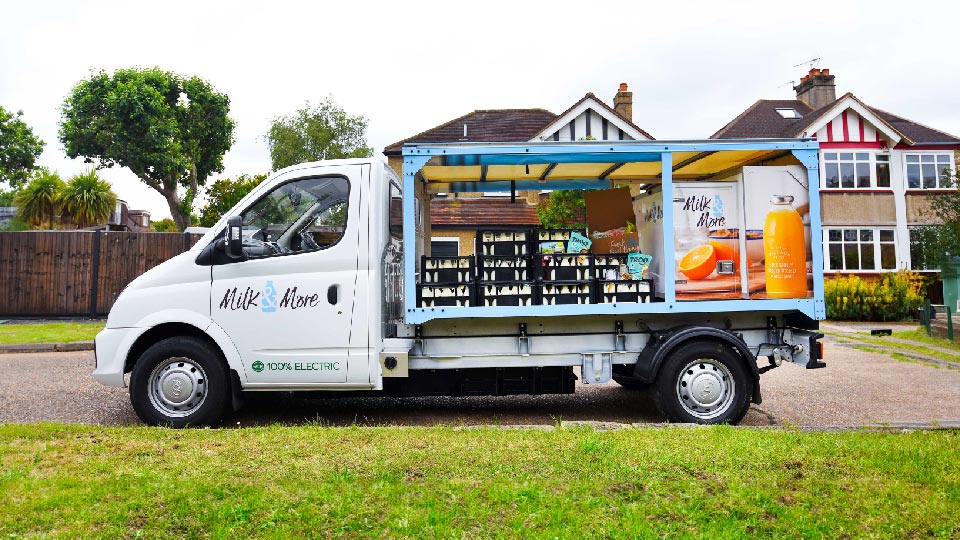
Milk & More: Sustainable home delivery for the modern age
September 6, 2023
